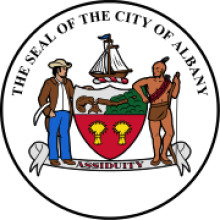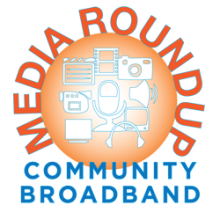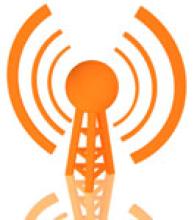Albany, New York Studying Internet Access Needs
The city of Albany, New York (pop. 100,000) recently hired a consulting firm to study the high-speed Internet needs of the community, including possibly the municipality building its own fiber optic network.
The study will, among other things, “assess the strengths and weaknesses of Internet access currently available in the city,” according to a city news release.
According to Albany officials, an estimated 30 to 50 percent of children in Upstate New York communities live in households that cannot afford broadband service in their homes.
The Albany study will also “investigate the extent of a digital divide in Albany that prevents some residents from getting fast and affordable Internet service at home or elsewhere,” and “recommend a prudent path, including funding opportunities, to ensure the City has a broadband network that is affordable and provides high-speed Internet access for all.”
Albany expects the consultant to complete its work before this summer. The Albany Community Development Agency is contributing $20,000 toward the study with the city pursuing additional funding.
We asked officials at Albany City Hall if the feasibility study will include the city possibly building its own municipal network. An official from Albany’s Broadband team responded, “The language in the broadband feasibility study purposely did not include specific solutions.” But, they added, “One of options certainly could be a municipal fiber network.”
Affordable Internet Service a Problem
In a January 22, 2016 press release, Albany Mayor Kathy Sheehan said:




